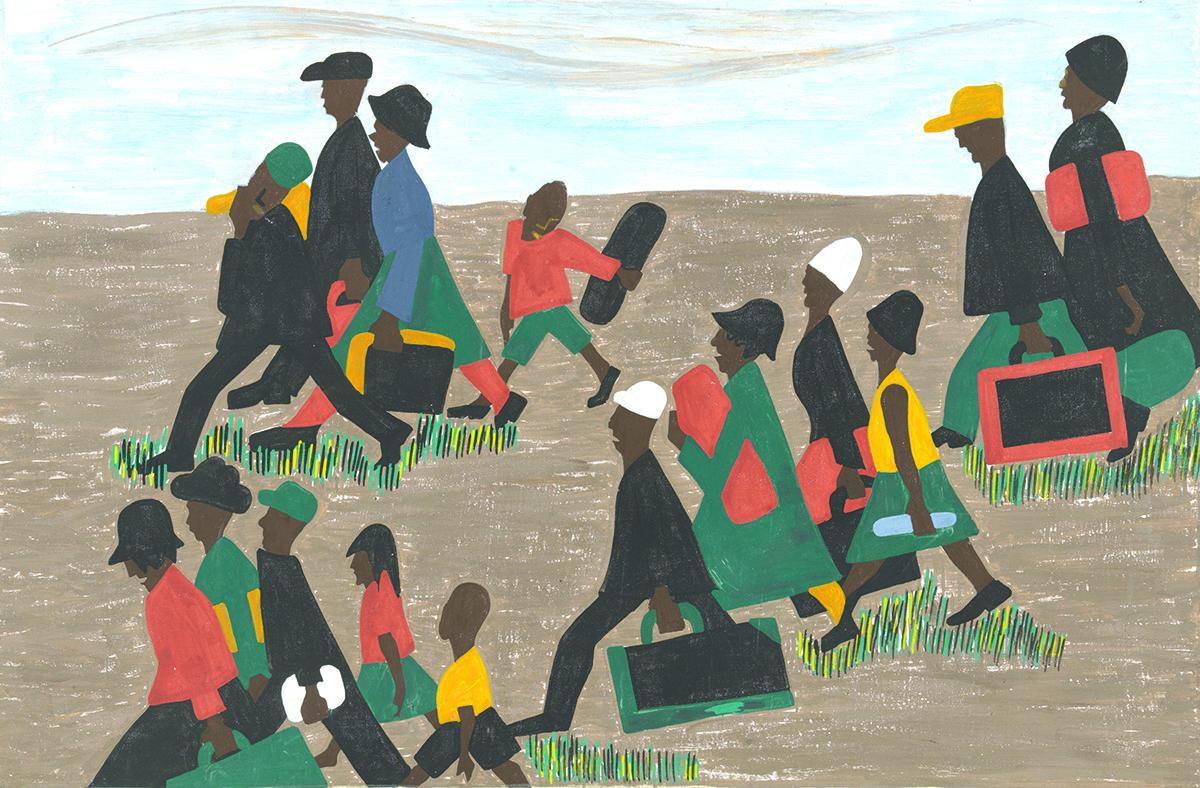These discussion about the trans-Atlantic Slave trade and slavery persist, see “An African country reckons with its history of selling slaves”
“For over 200 years, powerful kings in what is now the country of Benin captured and sold slaves to Portuguese, French and British merchants. The slaves were usually men, women and children from rival tribes — gagged and jammed into boats bound for Brazil, Haiti and the United States.
The trade largely stopped by the end of the 19th century, but Benin never fully confronted what had happened. The kingdoms that captured and sold slaves still exist today as tribal networks, and so do the groups that were raided. The descendants of slave merchants, like the de Souza family, remain among the nation’s most influential people, with a large degree of control over how Benin’s history is portrayed.”
“The memory of slavery emerges here in large and small ways. In the 2016 presidential election, one candidate, Lionel Zinsou, angrily pointed out in a televised debate that his opponent, Patrice Talon, who is now president of Benin, was the descendant of slave merchants. In villages where people were abducted for the slave trade, families still ask reflexively when they hear a knock on the door whether the visitor is “a human being” or a slave raider.”
